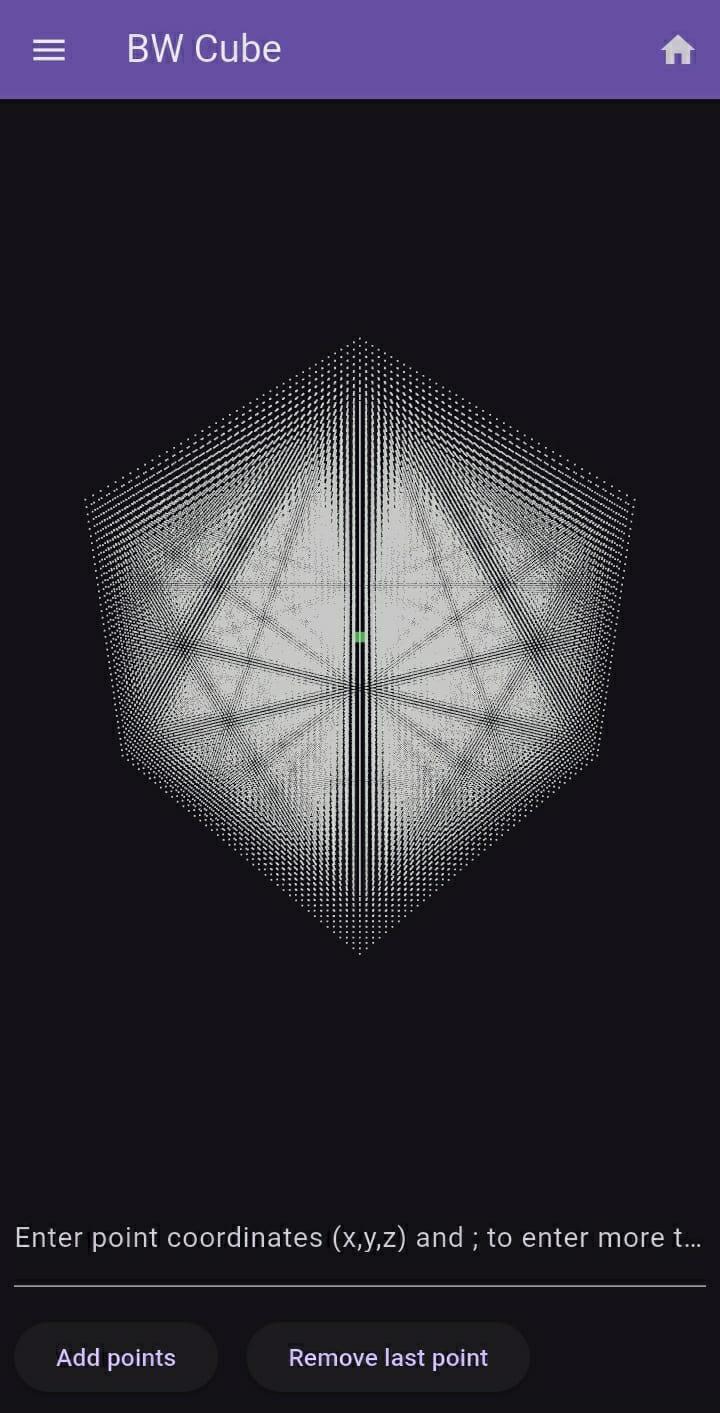The Cube
-
Home
-
The Cube

The Cube

The Fundamental Architecture of Space
The cube stands as one of nature's most primal geometric forms - a perfect balance of symmetry and structure that has fascinated thinkers from Plato to Leonardo da Vinci. In our digital exploration, this simple shape reveals itself as a multidimensional framework containing profound cosmic truths:
The Cartesian coordinate system made tangible
Crystalline lattice structures in their ideal form
The building block of volumetric measurement
Da Vinci's famous illustrations of cubic perspective demonstrated how this shape could simultaneously represent both physical objects and abstract spatial concepts.
The Fourth Dimension: Time and Transformation
When we animate the cube's rotation, we create a four-dimensional construct where:
Each rotation reveals hidden symmetries and relationships
The passage between states models temporal transformations
Vertex paths trace out hypercubes in higher-dimensional space
This dynamic view echoes Da Vinci's studies of moving bodies and changing perspectives.
The Fifth Dimension: Probability and Point Fields
The cube's point-based representation suggests deeper dimensional truths:
Each point marks a potential quantum state position
The grid structure mirrors crystalline energy fields
Vertex connections model entanglement relationships
Like Da Vinci's point-based perspective studies, this representation reveals form through spatial relationships rather than solid boundaries.
The Sixth Dimension: Parametric Possibility Space
Interactive controls open a multidimensional design environment where:
Size adjustments explore scaling transformations
Point density variations model different material states
Added points create new dimensional connections
This parametric control reflects Da Vinci's experimental approach to geometry through systematic variation and measurement.
The Seventh Dimension: Cosmic Architecture
The cube demonstrates universal principles appearing across scales:
The fundamental structure of salt crystals
The hypercubic geometry of higher-dimensional space
The voxel-based building blocks of digital reality
These connections reveal why the cube appears throughout nature and human design - from atomic lattices to urban planning.
Da Vinci's Legacy and Modern Visualization
Leonardo's geometric studies anticipated our modern understanding through:
Orthogonal projections (dimensional cross-sections)
Exploded views (simultaneous multidimensional perspectives)
Proportional studies (parametric relationships)
His cube-based perspective drawings laid the foundation for our current 3D modeling techniques.
Why the Cube Matters Today
Understanding cubic geometry through this multidimensional lens enables breakthroughs in:
Quantum computing (qubit lattice structures)
Nanotechnology (molecular self-assembly)
Astrophysics (cosmic microwave background analysis)
Virtual reality (volumetric display technologies)
From Da Vinci's sketchbooks to our digital workstations, the cube remains an essential key for unlocking the geometric language of the universe. By rotating, probing and expanding this fundamental form, we continue the Renaissance quest to comprehend the multidimensional fabric of reality.
Share this service:



